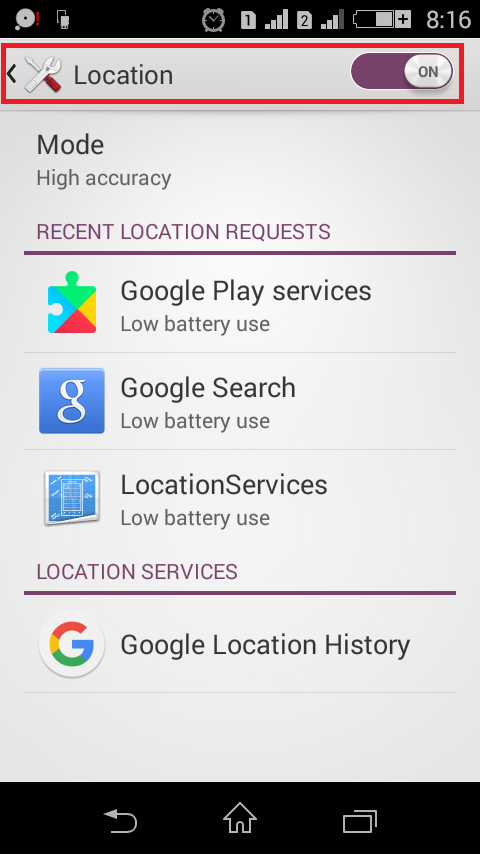Google now knows, what you bought offline, where, when and why
Data about ads, that users see online, and purchases they make in offline stores is now combined and collated by Google in order to measure advertisement performance. Google needs to prove to its advertisers that ads can generate sales in brick-and-mortar stores. It has partnered with a company that is said to have the access to 70% of credit and debit cards transactions in the US.
Not all the users are ready and willing to have the information about their purchases analyzed and mixed with the data collected by Google’s ubiquitous ad technology. The fact, that an anonymous company is a part of this process, brings some additional anxiety.

A spokesperson of Bridg, a startup that is also solving the problem of matching online and offline behavior for measuring ad effectiveness, speculates in his comment to WSJ, that Facebook and other big advertising businesses would also need to invest in collating digital and physical identities of a consumer.
Google’s approach to this task has previously been based on location tracking. If a user had been found near a Home Depot store after seeing a lawn mower ad, certain conclusions were made. But the inaccuracy of this approach is obvious, besides, more and more users deactivate location tracking.

Google claims to ensure the protection of customers’ and card holders’ data and explains, that matching data is done double-blindly. Card data possessing company has no access to Google’s information about advertising audience, and Google doesn’t see any transaction details. But Paul Stephens from a consumer advocacy group Privacy Rights Clearinghouse reminds that it’s still difficult to anonymize data, and hackers keep on stealing it from time to time.
We recommend our readers not to rely on Google’s desire to protect user data. And not to hope, that ad perfomance analyzing algorithms would make their lives better, not just drive them to spend more money in shops. We recommend to take control in your own hands and disable ad tracking with the help of AdGuard apps and browser extensions.




















































